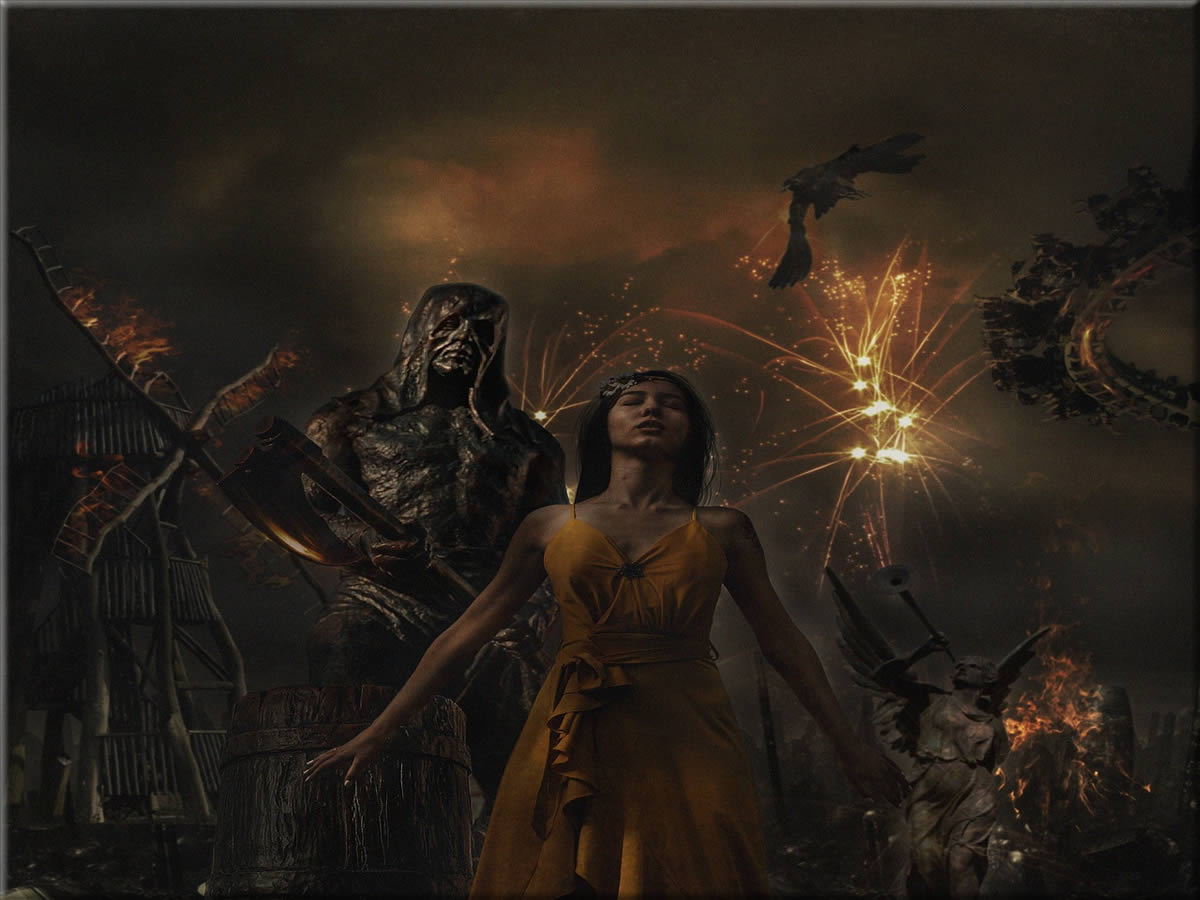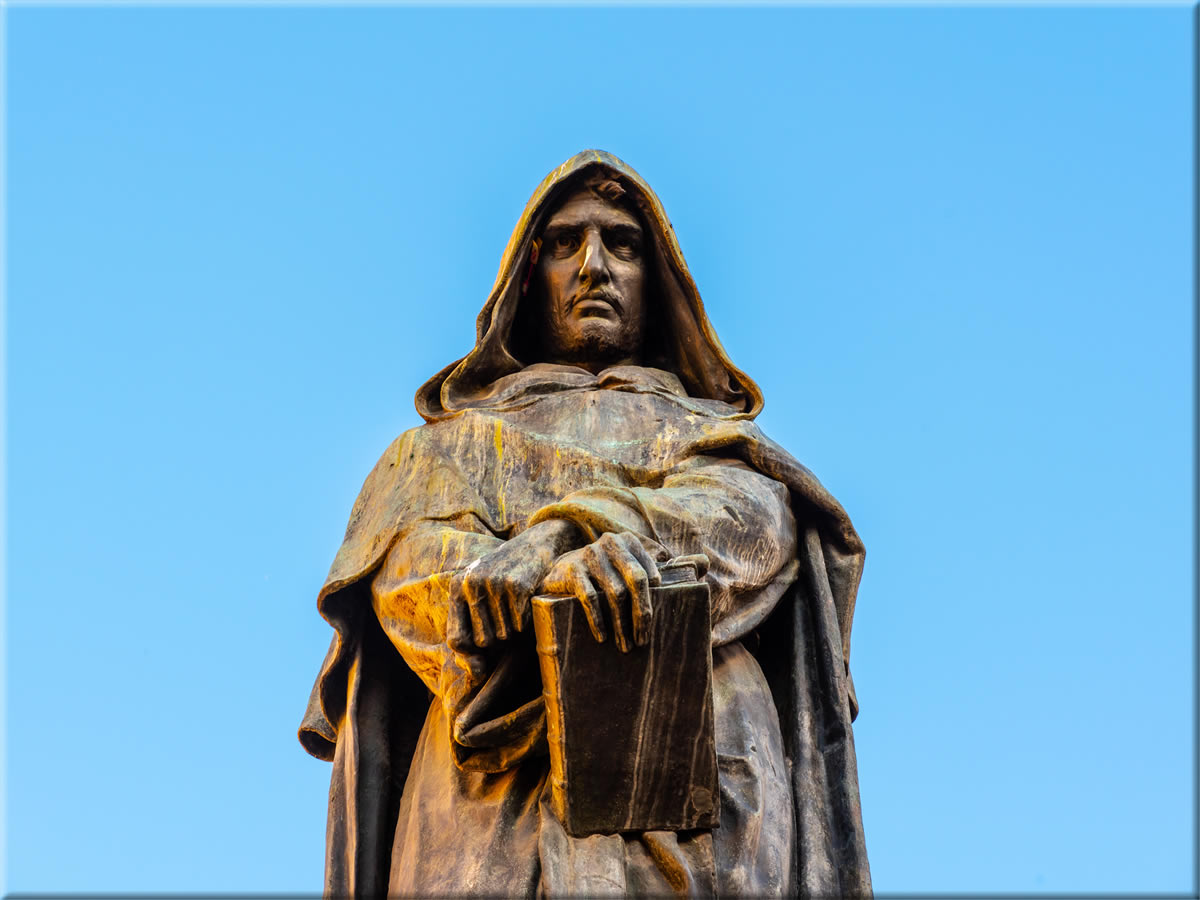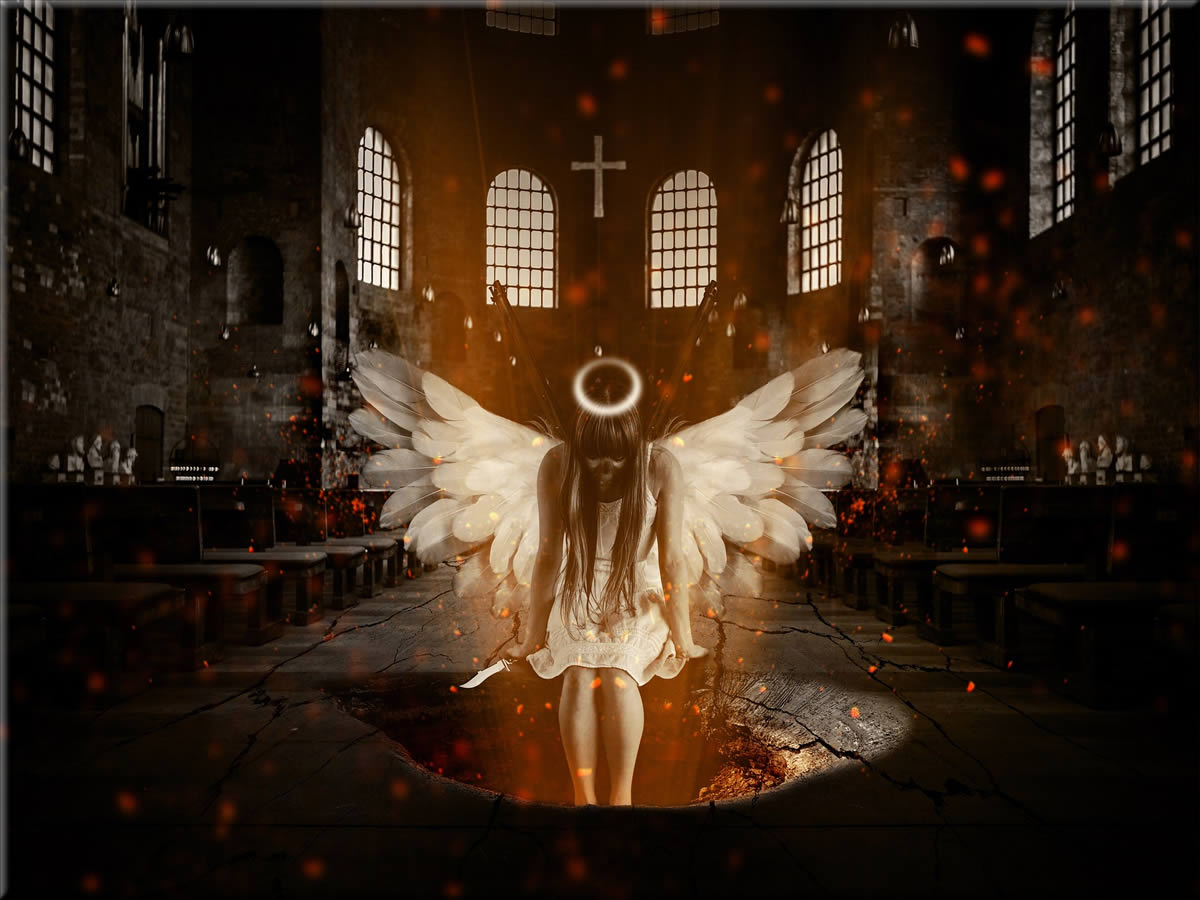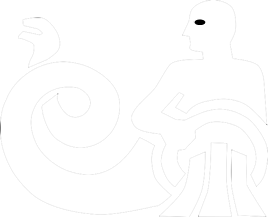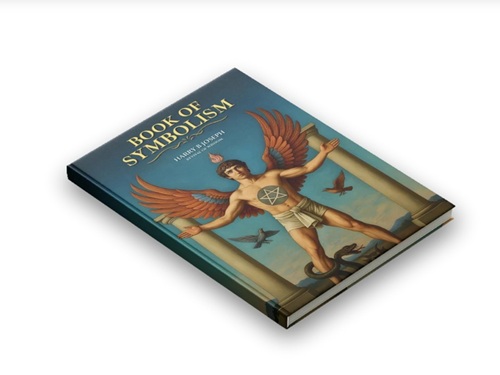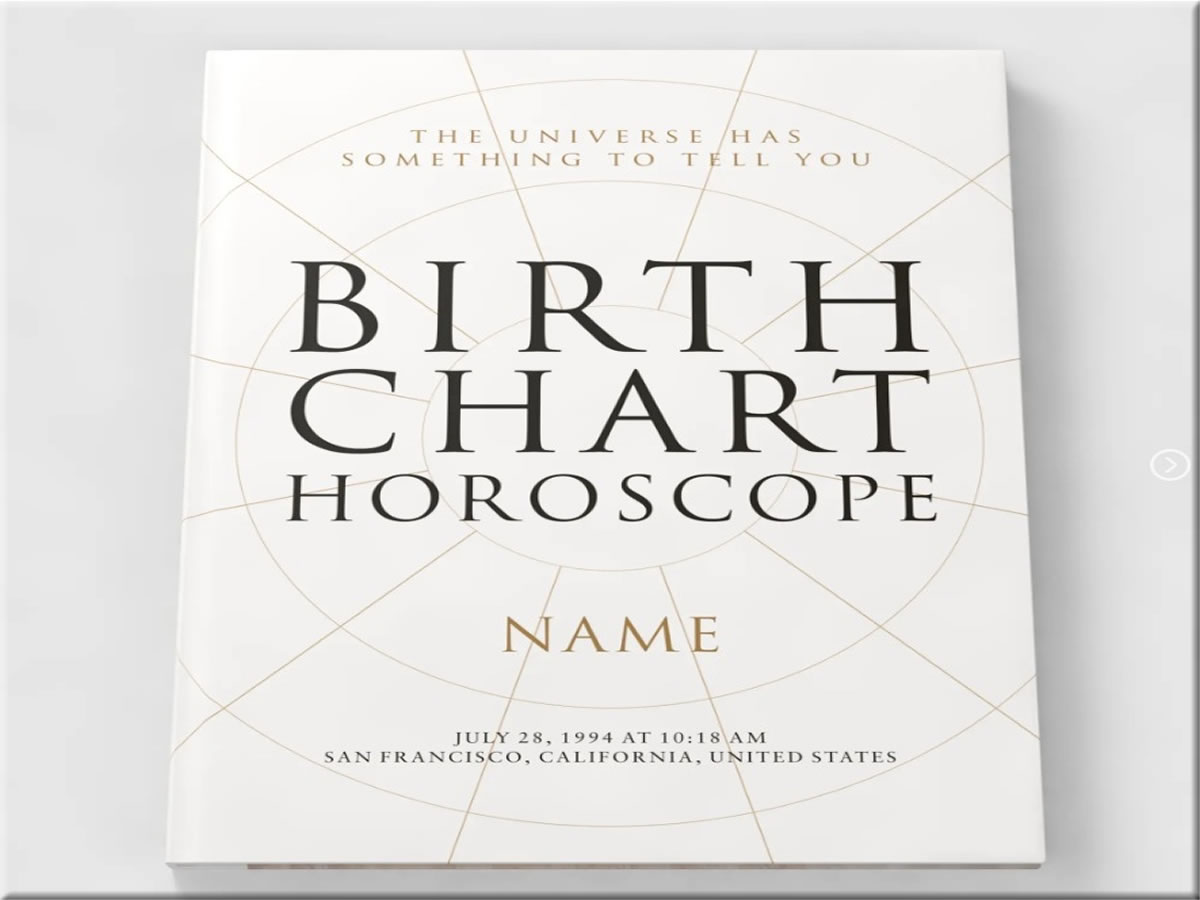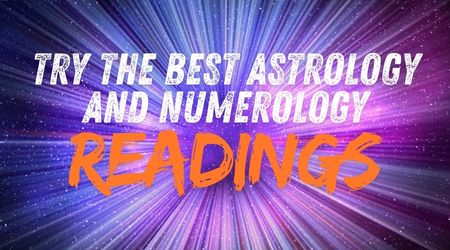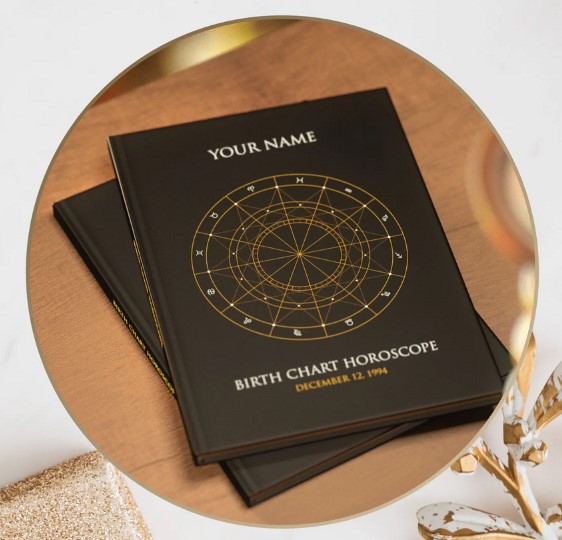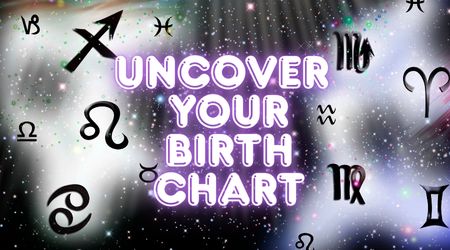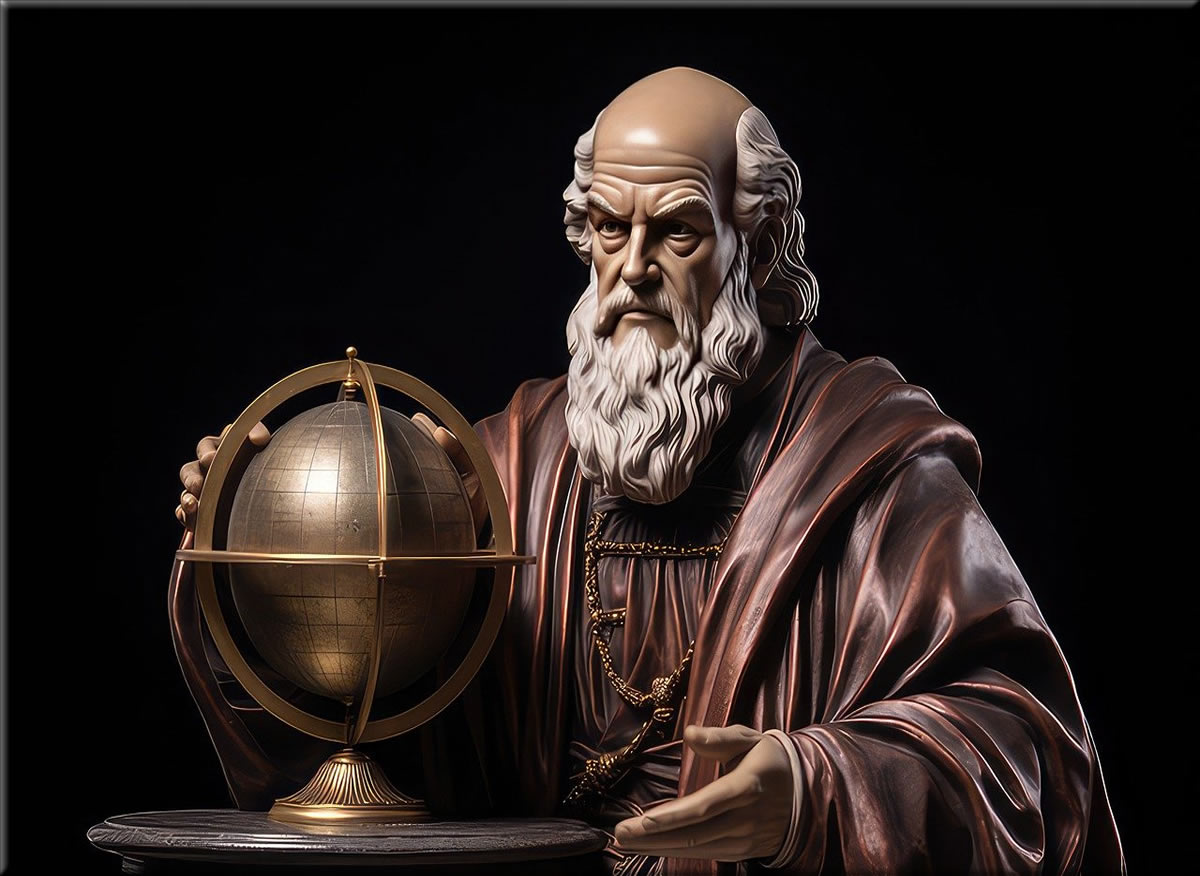
The Prosecution Of Galileo Galilei
Galileo Galilei, often regarded as the father of modern observational astronomy, played a pivotal role in advancing science during the Renaissance. However, the narrow-minded leaders of the Catholic Church charged and condemned him with heresy. The Prosecution of Galileo Galilei was based on the doctrine of heliocentrism, the astronomical model in which the Earth and planets revolve around the Sun at the center of the universe.
However, Galileo didn’t just excel in one field. He began teaching mathematics at various universities, including Padua and Pisa. It’s here that his interests began to broaden. He delved into astronomy and mechanics, areas that would define his legacy. His brilliance shone through his teaching and writing, sparking curiosity and debate among his peers.
One of Galileo’s most significant contributions to science was the refinement of the telescope. This invention opened up the skies, quite literally. He discovered moons orbiting Jupiter, the phases of Venus, and conducted detailed observations of our moon, all of which contributed to a growing acceptance of the Copernican system. Imagine the thrill and controversy this must have caused when the Earth-centric view dominated.
Check out more videos on our YouTube channel
Beyond his telescope, Galileo made groundbreaking strides in physics. His experiments with pendulums and inclined planes helped lay the foundation for classical mechanics, influencing later scientists, such as Isaac Newton. His knack for questioning accepted theories and testing them through observation and experimentation epitomized the scientific method.
Moreover, there’s also a lesser-known side to Galileo—his involvement in astrology. During his lifetime, astrology and astronomy were closely linked. He cast horoscopes and studied celestial movements, believing they impacted human affairs. While we separate these fields today, Galileo’s work in astrology contributed to his observations and hypotheses about the cosmos, showcasing his broad intellectual curiosity.
Galileo’s Breakthroughs and Controversies
Galileo’s mastery of the telescope revolutionized our understanding of the universe. He didn’t just magnify distant objects; he changed how we see the cosmos. His improved telescope enabled him to observe celestial phenomena that were previously invisible, such as the Galilean moons of Jupiter, sunspots, and the rough terrain of our moon. These discoveries challenged the long-held geocentric model of the universe, which placed Earth at the center of everything.
Galileo’s support for the Copernican system was bold for his time. He argued in favor of the heliocentric model, which proposed that the Sun, not the Earth, was the center of the universe. This stance didn’t just stir academic debate; it shook the foundations of religious and philosophical beliefs. Galileo faced significant opposition from the Roman Catholic Church, which considered his support for Copernicanism heretical. His ability to back his theories with observational evidence was groundbreaking and controversial.
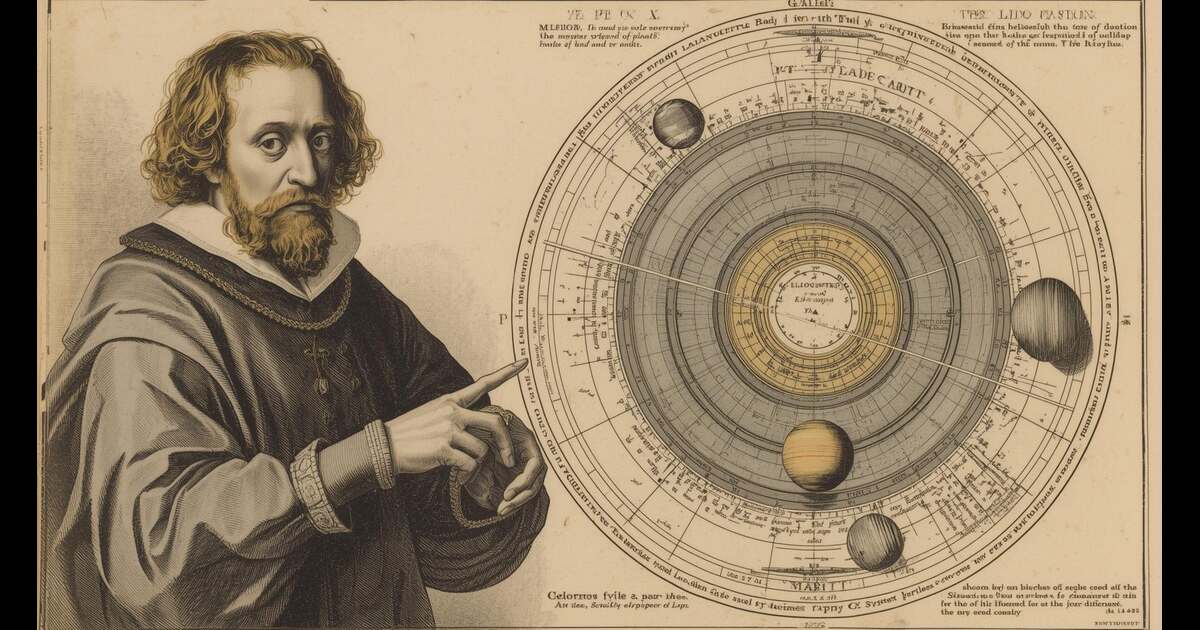
Astrology played a more personal yet influential role in Galileo’s work. In the Renaissance, astrology and astronomy ran in parallel. At the time, people respected and scrutinized Galileo’s casting of horoscopes and engagement in astrological predictions. His work in astrology also informed his broader astronomical observations, showing his ability to bridge these interconnected fields.
Galileo’s work wasn’t without its critics. Many of his contemporaries clung to Aristotelian physics and the Ptolemaic system, which placed Earth at the center of the universe. His public disputes with fellow scholars were fierce and often politically charged. However, Galileo remained steadfast, using his observational data to counter outdated models and resist dogmatic religious thinking.
Additionally, his willingness to question and challenge established norms paved the way for future scientific revolutions. Galileo’s journey was one of intellectual bravery, marked by a commitment to uncovering the truth of our universe.
The Inquisition and Prosecution of Galileo Galilei
Galileo’s astronomical findings and support for the Copernican system eventually caught the attention of the Roman Catholic Church. The political and religious climate of the 17th century was tense, with the Church firmly holding onto traditional views. The support for heliocentrism directly challenged these views, leading to an inevitable confrontation.
Galileo’s first encounter with the Church’s disapproval came in 1616 when the Inquisition declared the Copernican theory heretical. Galileo was ordered to abandon the idea, though he continued his research discreetly. However, things escalated when Galileo published his work ‘Dialogue Concerning the Two Chief World Systems’ in 1632. This book, written in the form of a dialogue, presents arguments for the Copernican and Ptolemaic systems, but ultimately favors heliocentrism. The Inquisition summoned him for defying the Church’s orders by publishing the material.
The Book of Symbolism is more than a guide to ancient signs; it is a journey into your own consciousness. Every chapter is a step on a journey that will elevate your mind and spirit.
The prosecution of Galileo Galilei started in 1633, and he faced charges of heresy during the trial. Under immense pressure, he recanted his support for the Copernican system. This recantation was a turning point, symbolizing the Church’s temporary victory and the profound risk Galileo took in pursuing the truth of science. He was sentenced to house arrest, a punishment that lasted until he died in 1642.
Galileo’s involvement in astrology also contributed to his legal troubles. While astrology was widely practiced and respected, it became another point of contention used by his critics. His astrological studies, intertwined with his astronomical observations, added to the Church’s perception of him as a controversial figure.
Understanding this period helps to comprehend the delicate balance Galileo navigated between scientific inquiry and religious doctrines. The trial wasn’t just about a scientific theory but a broader clash of ideas and authority. Despite the trials and pressures, Galileo’s steadfast commitment to his discoveries remains a powerful testament to the pursuit of knowledge.
Imprisonment, Recantation, and Later Years
The prosecution of Galileo Galilei and his sentence to house arrest didn’t halt his intellectual pursuits. Despite the restrictions, his mind remained as sharp as ever. During his years of confinement, he continued to write and correspond with other scientists, sharing ideas and insights. The comfort of his home in Arcetri became a hub of quiet yet persistent academic activity.
One of Galileo’s significant works from this period was ‘Discourses and Mathematical Demonstrations Relating to Two New Sciences.’ Published in 1638, the book laid the groundwork for classical mechanics. It delved into kinematics and material strength, showing his unwavering dedication to scientific exploration. His findings inspired and influenced the scientific community long after his recantation.
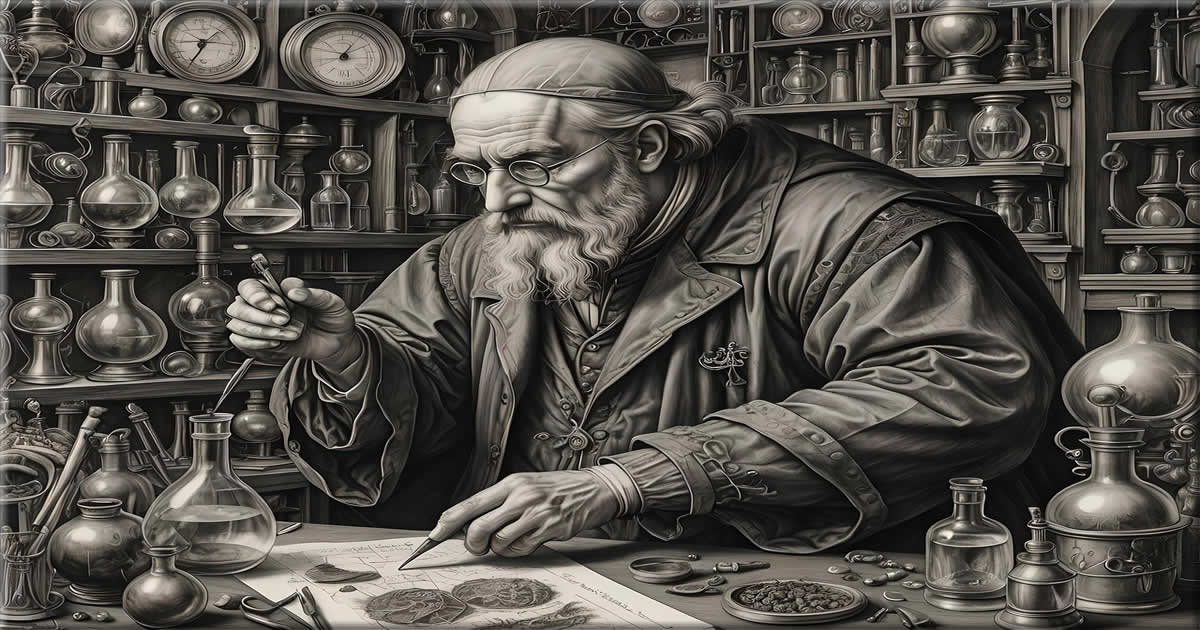
Astrology, too, remained a part of Galileo’s intellectual life. He continued to cast horoscopes and explore the connections between celestial movements and earthly events. These studies weren’t just fringe interests; they were part of the broader tapestry of his work. Such activities highlight how the boundaries between science and other forms of knowledge were more fluid in his time.
Galileo’s reflections during his later years shed light on his character and resilience. Despite the Church’s opposition, he remained committed to his belief in heliocentrism and the scientific method. His private letters and writings reveal a man grappling with the constraints placed upon him, yet still finding ways to contribute to the body of scientific knowledge.
The legacy of Galileo’s later years is one of persistence and influence. His work, particularly during house arrest, laid essential foundations for future scientific discoveries. Even confined, he managed to push the boundaries of what was known and understood. His life serves as a reminder that intellectual curiosity and dedication to truth can flourish even in the face of adversity.
Legacy of Galileo: Science, Astrology, and Humanity
Galileo’s impact on modern science is undeniable. His ability to envision and prove theories through observation and experimentation reshaped the scientific landscape, laying the foundation for observational astronomy and classical mechanics. He influenced generations of scientists, including Isaac Newton and Albert Einstein. His methods emphasized evidence over dogma, a principle that underpins modern scientific inquiry.

While Galileo’s astronomical work is well-celebrated, his contributions to astrology shouldn’t be overlooked. In his time, astrology and astronomy were interconnected disciplines. Galileo’s astrological studies reflected his deep interest in how celestial bodies might influence human affairs. Although less emphasized today, this aspect of his work illustrates the breadth of his scientific investigations. His holistic approach to his studies inspires a multidisciplinary perspective in exploring the natural world.
The prosecution of Galileo Galilei was not merely a personal battle but emblematic of a broader struggle between science and religious authority. His willingness to challenge established norms resonated through centuries, encouraging a culture of questioning and exploration. Even under the threat of persecution, his defiance symbolized the enduring human spirit of curiosity and the quest for knowledge. His life is a testament to the complexities of breaking new ground where established beliefs are deeply rooted.
Galileo’s story is not just about his contributions to science or his astrological pursuits. It’s about the broader impact of challenging established norms and forever expanding the horizons of human knowledge. His life encourages us to pursue truth with unwavering commitment, regardless of the obstacles. The principles he championed—curiosity, perseverance, and an evidence-based approach—continue to guide and inspire future scientists and thinkers.
Related Topics
